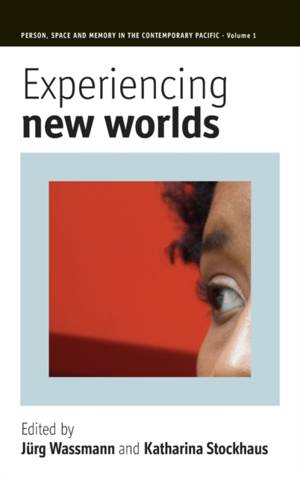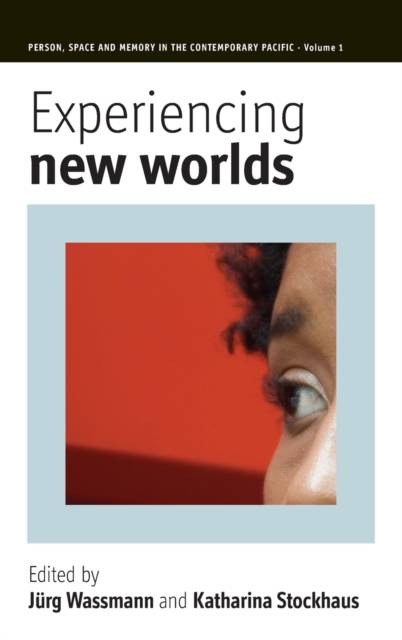
- Afhalen na 1 uur in een winkel met voorraad
- Gratis thuislevering in België vanaf € 30
- Ruim aanbod met 7 miljoen producten
- Afhalen na 1 uur in een winkel met voorraad
- Gratis thuislevering in België vanaf € 30
- Ruim aanbod met 7 miljoen producten
Experiencing New Worlds
Omschrijving
The many different localities of the Pacific region have a long history of transformation, under both pre- and post-colonial conditions. More recently, rates of local transformation have increased tremendously under post-colonial regimes. The forces of globalization, which rapidly distribute commodities, images, and political and moral concepts across the region, have presented Pacific populations with an unprecedented need and opportunity to fashion new and expanded understandings of their cultural and individual identities.
This volume, the first in a new series, examines the forces of globalization at different levels, as they manifest themselves and operate across cultural, cognitive and biographical dimensions of human life in the Pacific. While posing familiar questions, it offers new answers through the integration of cultural and psychological methods. The contributors draw on practice theory, cognitive science and the anthropology of space and place while exploring the key analytical rubrics of human agency, memory and landscape.
Specificaties
Betrokkenen
- Uitgeverij:
Inhoud
- Aantal bladzijden:
- 352
- Taal:
- Engels
- Reeks:
- Reeksnummer:
- nr. 1
Eigenschappen
- Productcode (EAN):
- 9781845453275
- Verschijningsdatum:
- 1/11/2007
- Uitvoering:
- Hardcover
- Formaat:
- Genaaid
- Afmetingen:
- 152 mm x 229 mm
- Gewicht:
- 653 g

Alleen bij Standaard Boekhandel
Beoordelingen
We publiceren alleen reviews die voldoen aan de voorwaarden voor reviews. Bekijk onze voorwaarden voor reviews.










